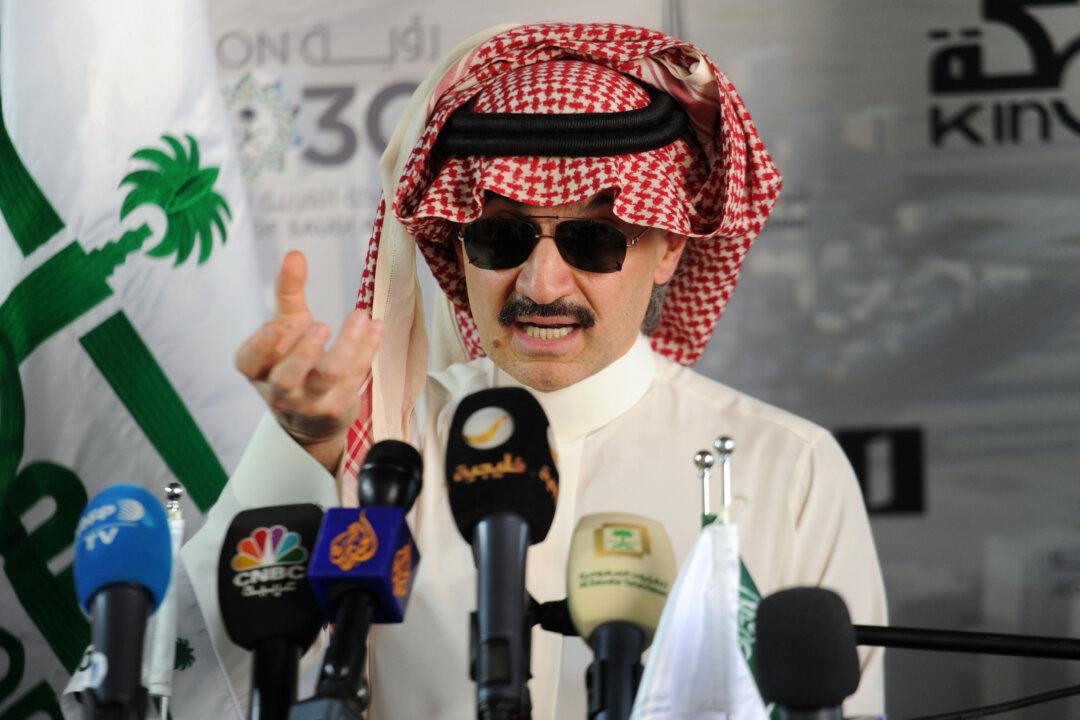Commentary
An exchange on Twitter on April 14 between Elon Musk and Saudi billionaire Alwaleed bin Talal caused a stir on the social media platform that Musk is offering to buy.

An exchange on Twitter on April 14 between Elon Musk and Saudi billionaire Alwaleed bin Talal caused a stir on the social media platform that Musk is offering to buy.